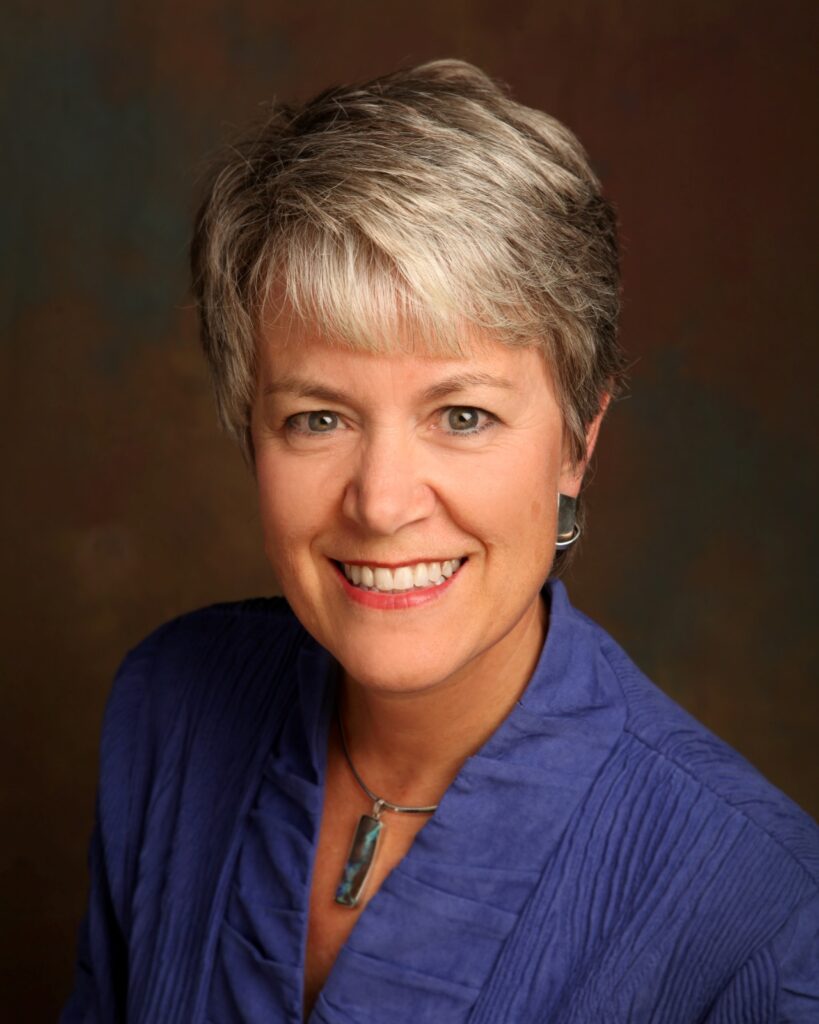
How More Americans With Hearing Loss Get to Hear Again in Tallahassee – Thanks to Hearing Loop Technology
 I wrote this blog in response to an article on how one person, Melissa Corson is making a difference in her community of Tallahassee: How More Americans With Hearing Loss Get to Hear Again – Tallahassee Magazine – January-February 2015.
I wrote this blog in response to an article on how one person, Melissa Corson is making a difference in her community of Tallahassee: How More Americans With Hearing Loss Get to Hear Again – Tallahassee Magazine – January-February 2015.
Kudos to Melissa Corson (www.facebook.com/melissa.b.corson?fref=ts) from www.facebook.com/TallyENT?pnref=story who has been working hard advocating for hearing loops in her community. It is great that her efforts are paying off. Way to go Melissa and the Doctors of Audiology at Tallahassee ENT!
Notice how it is always audiologists who are not involved with looping who make unhelpful comments about telecoils and hearing loops not having kept up with the current technology? What does Dr. Nathan Rhodes audiologist at South Georgia Audiology and Hearing Services know about the IEC 60118-4, the International Hearing Loop Standard and how it seamlessly works with telecoils in today’s hearing aids? How loops can improve the signal-to-noise ratio on the order of 15-to-25 dB? And that even some of the smallest instruments can be equipped with a telecoil? Does he know that some makes such as Widex, Oticon and Siemens offer telecoils in streamers and/or remote controls?
A recent study has clearly demonstrated just how beneficial the loops are to hearing aid and cochlear implant users in places where their devices (even those fit by Dr. Rhodes) are simply unable to deliver. These limitations are nobody’s fault – just a limitation of the microphones and distance (something that even the most advanced hearing devices are unable to overcome), the severity of hearing loss and speech recognition of the users. Limitations that the studies by Dr. Sergei Kochkin’s have been shown to hearing care professionals for years. I also wonder how many hearing loops Dr. Rhodes fostered in his community before the advent of Bluetooth. Doesn’t everyone deserve to hear well in their favorite theater, meeting room or House of Worship? I can guarantee that Dr. Rhodes’ patients will love him for it.
A few references that might be helpful to professionals as they explore the grassroots hearing loop movement that hearing device users are so pleased about:
- The Hearing Review article written by Sergei Kochkin, Compton, Beck et al: http://www.hearingreview.com/2014/09/consumer-perceptions-impact-inductively-looped-venues-utility-hearing-devices/
- How to foster loops in one’s community for professionals: See www.loopwisconsin.com/Audiologists.aspx and www.foxvalleyhearingloop.com/PDFFiles/SterkensATMayJun.pdf
- Advice by the Hearing Loss Association of America (www.hearingloss.org) – they help thousands of consumers annually how to purchase hearing aids and this checklist offers common sense advice: http://www.hearingloss.org/sites/default/files/docs/Fact_Sheet_PurchasingHearingAid.pdf
- The Academy of Doctors of Audiology (ADA) www.loopwisconsin.com/PDFFiles/Lopez_Caccavo_AP2014.pdf
- The American Academy of Audiology: www.audiology.org/publications-resources/consumer-information/get-hearing-loop
- The American Speech-Language, Hearing Association ASHA: www.asha.org/publications/leader/2004/040525/040525b.htm
- Even AARP’s website mentions loops: http://www.aarp.org/health/conditions-treatments/info-06-2010/health_discovery_hearing_aids_in_the_loop.html?utm_medium=twitter&utm_source=twitterfeed
 I am happy to support any hearing care provider or consumer who is looking to foster loops in their community. If my efforts and those of many consumers in Wisconsin can lead to 450 hearing loops in nearly 6 years imagine what a concerted effort by hearing care providers and consumers would do for hearing accessibility in the country.
I am happy to support any hearing care provider or consumer who is looking to foster loops in their community. If my efforts and those of many consumers in Wisconsin can lead to 450 hearing loops in nearly 6 years imagine what a concerted effort by hearing care providers and consumers would do for hearing accessibility in the country.





